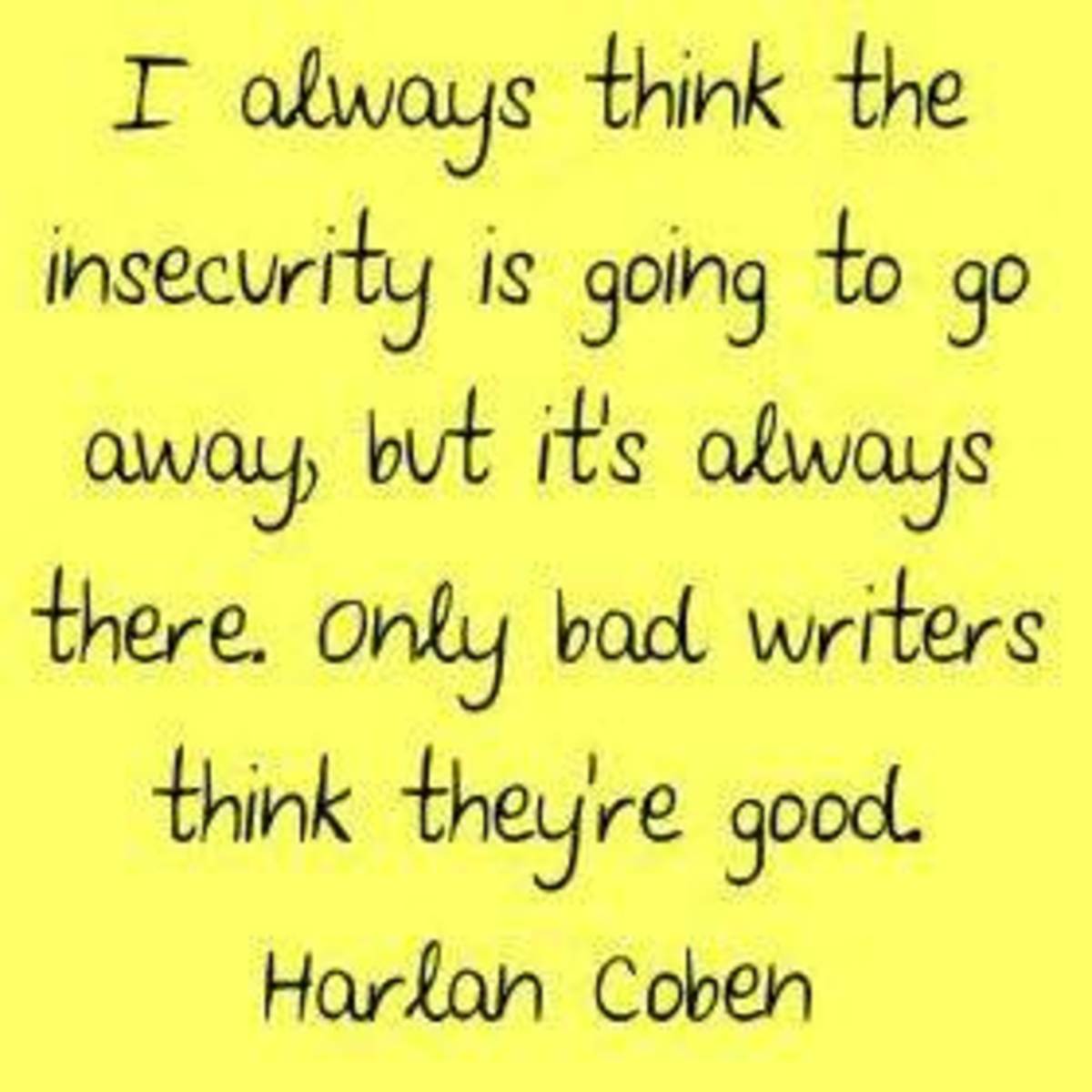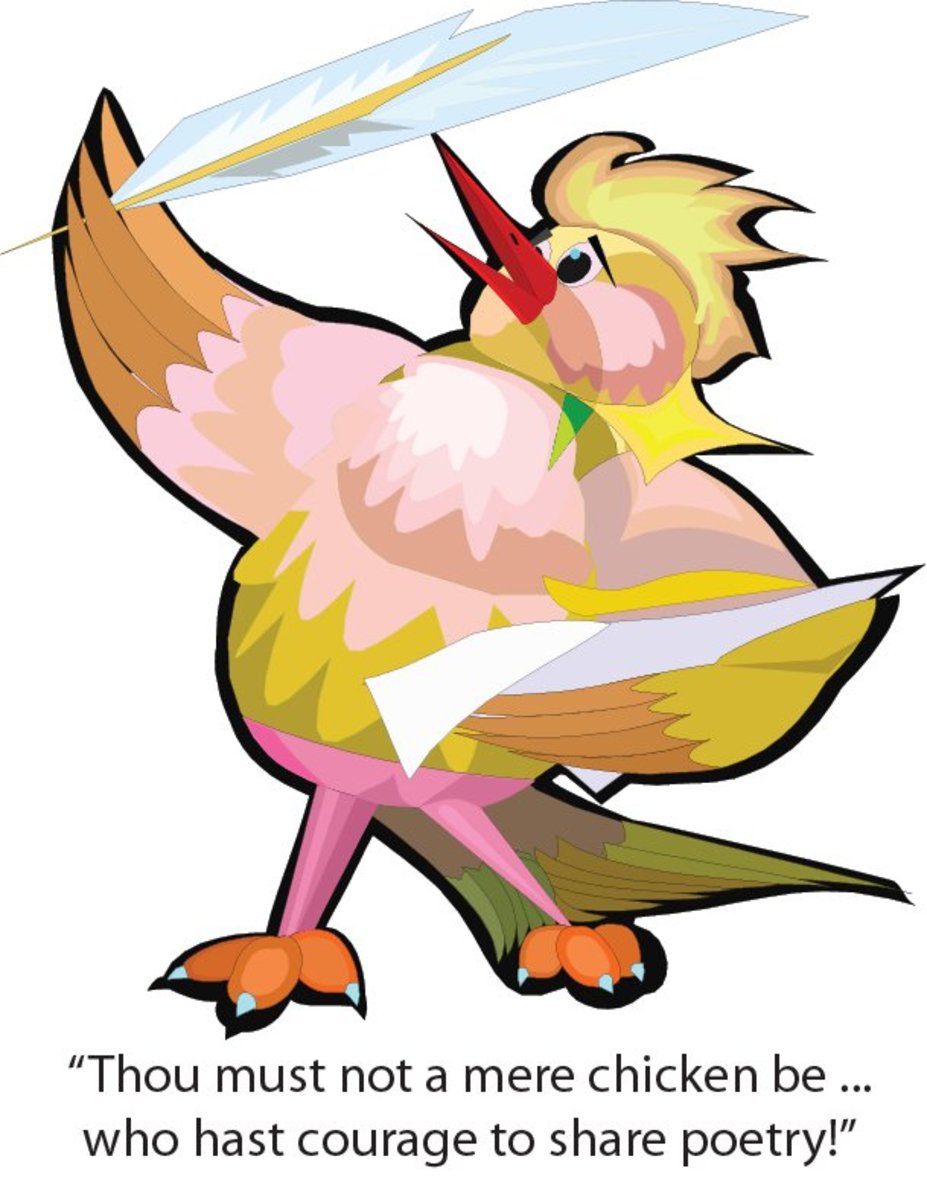- HubPages»
- Books, Literature, and Writing»
- How to Write»
- How to Get Published
Time to Pursue Your Self-Publishing Dreams?

When Self-Publishing, If Talent is There, Eventually, the Money Will Come . . .
Are you a "would-be" new novel writer with no idea how to stop feeling like a tiny little fish trying to compete in a very big pond, with no idea how to reach your goals? In this article, I'm going to talk about having publishing dreams, and about what it takes in addition to money to make them come true. Many of us are content to simply dream about becoming successful while doing what we love, without putting forth the effort it takes to at least try to make our dreams come true. If publishing books or novels is a dream of yours, what is it going to take for you to begin to make those dreams come true? If money were no object, would you have all it takes to make your publishing dreams a reality?
Like many other writers, even though I am published already, I'm still dreaming of finding great success as an author/publisher. That's why I know there are lots of other considerations, in addition to money, that are needed for you to become successful and/or to earn a living as an author. Even though money is important, if you allow the lack of it to keep you from writing and from pursuing your dream, then it is possible that you don't have what it takes to ever see your publishing dreams come true.
A famous person once said, if you consider yourself to be a thing—such as a writer or an actor, and yet you're not writing or acting, then that means you're not a writer or an actor. Writers write and actors act. It doesn't matter if you have to work doing something else in order to make ends meet, financially. If you are a writer who is truly committed to writing, then no matter what else you're doing, you should be writing too. Many successful people have started out poor or near penniless, but by staying true to their desire to achieve their dreams, they eventually became successful.

Can Self-Publishing Take You from Rags to Riches?
William P. Young. Author of The Shack, helped to create an independent publishing company, Windblown Media, and through that company published his first novel with mostly word-of-mouth marketing. It climbed to the number one spot as a NY Times bestselling novel.
Amanda Hocking. After writing 17 novels, she found no success with traditional publishing, so she self-published her novel as an e-book, and sold over a million copies. After that, St. Martin's Press bought the rights to her first three novels for more than two million dollars.
E.L. James. Many see this author as the "poster child" for self publishing success. The success of her Fifty Shades of Grey novel and series should convince anyone that success is possible for self-publishing authors.
Robert Kiyosaki. From self-publishing Rich Dad, Poor Dad, in 1997, Kiyosaki found overwhelming self-publishing success. Selling more than twenty-six million copies of this book, he turned his self-publishing success into a business.
The "rags to riches" stories of Tyler Perry and J. K. Rowling also come to mind, immediately, but I also know there are many other people whose stories could fit under this banner.
One uninspiring thing that Perry and Rowling have in common, that I found quite interesting, is that each one has, at one time, contemplated suicide. Remember that J. K. Rowling, now a billionaire author, was unemployed and on welfare when she started writing the first Harry Potter novel. Likewise, the actor, director, screen writer/playwright, producer, author, and songwriter, Tyler Perry, makes no secret of having had to live in his car for months as a struggling playwright and producer of stage shows. "Can you imagine a six-foot-five man sleeping in a Geo Metro?" he once told Essence magazine.
In 2011, Perry was named as the highest paid man in entertainment, by Forbes magazine, earning $130 million between May 2010 and 2011. As of 2019, Tyler Perry's net worth was approximated to be around $600 million. For me, both Perry's and Rowling's, and all the self-published authors I mentioned above, have success stories providing evidence that no matter how bad things might seem at one time in your life, if you keep trying and never give up, things can turn around for you.
Could Dreaming Simply Be Another Way to Procrastinate?
Now, if you have a dream of becoming a published author, what are you doing about it? What did you do today, and what are you planning to do tomorrow? What are you doing every day to make your dreams come true? Many people nurture a dream of becoming a novelist or a published author for years and years, and yet they make no progress toward accomplishing what they are dreaming about. Are they simply dreaming for the sake of dreaming, or have they allowed the worst kind of procrastination to effectively build a wall between them and their dream?
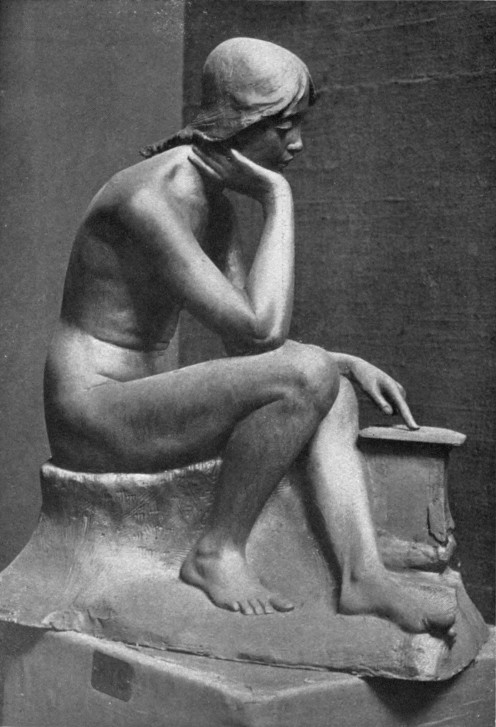
All my life, for as long as I can remember thinking about what I wanted to do with my life, I’ve wanted to write and publish novels. And even though I worked as a journalist, then a copywriter in advertising, then for decades as a college professor and as a professional in the field of marketing communications, it wasn’t until several years ago that I truly started doing what I’ve always dreamed of: Writing novels. Was I procrastinating all those years when I dreamed of writing and publishing books, without writing and publishing them? Or was it that I simply was not ready to activate my dream until recent years?
Sometimes what we might think of as procrastination is actually something else. It could be that even though we’re dreaming of doing or becoming something, we’re really not ready, or we're not yet prepared to take on either the risks or the responsibilities we’ll have to take on, in order to realize our dreams.
The "Uncertainty" of Publishing
Publishing is a risky business. There are never any guarantees that what you write will sell, but still, in order to become a writer of novels or books, you must write. Until you take that "leap of faith" you will never know success or failure. And, when you decide to take the leap, if your book doesn't sell, you will still have spent countless hours writing, and writing, and re-writing. You will have devoted time that can never be retrieved to creating something that you never had any way of knowing whether it would meet with publishing success or failure, and therein lies the risk.
Are you among those willing to work hard to complete your book or novel, but are a bit reluctant to go for it with all you've got because of the risk involved? Are you afraid to commit fully because you know that after completing your novel, and even after publishing it yourself or getting someone else to publish it, there are no guarantees you'll be able to sell what you’ve written? Are you are wondering if, after putting little pieces of your heart and soul into a novel that all your time spent writing and creating will have been for nothing?
If you are serious about becoming a published novelist or a writer of other kinds of books, of course the answer to the last question above needs to be a big and resounding “No.” In the world of writing and publishing, just as in the world outside of it, there is no such thing as failure. And there is no such thing as all your efforts being exerted in vain. Why? Because after trying your best and still having things not work out according to your plans, you’re still ahead of the game. There are lessons to be learned from everything you do, and as long as you are doing something—as opposed to doing nothing—you are learning, growing, developing, and getting closer to achieving your goals.
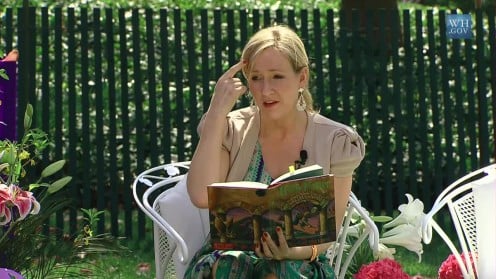
The Right and Wrong Reasons for Publishing
Writing and publishing is something you must be in for the right reasons. If you’re trying to become a writer of books just for the fame and fortune that is definitely possible to achieve, then you’re probably in it for the wrong reasons. While it is possible to become financially prosperous and even world famous (think J. K. Rowling) through the writing and publishing of books, most published authors are neither. I’m not trying to burst anyone’s bubble, but I am a firm believer in what the Bible says about how the truth will set you free.
The truth is, writing a novel or a book requires all of you. You have to put everything you know, everything you are, everything you have inside, and everything you are capable of being, into your writing. Writing novels is one of those things you have to do because you have to do it; because you love it, and because no matter how you might try not to, you know you will never find the internal peace you crave until you write down the things that come to you. For example, if you’re trying to become a teller of stories and you don’t find yourself creating characters and plots and worlds for your characters to live in all the time, even in your sleep, then it could be that writing novels is not really your dream. It could be that fame and fortune is what you’re seeking, and if you’re only in it for the money and fame, I don’t think you will stick with it if/when your first book does not become an instant publishing success story.
But, if writing novels is much more than just a dream for you, if it is your “oxygen,” as it is mine, then not finding success with your first novel will only serve as fuel for your fire. It will motivate you to the nth degree, igniting passion you never even knew you had inside you, because you will know you can write and publish a novel. Even if you don't find success with your first book, you will allow your first attempt to teach you what was good and what was bad about your first try, and you will gladly accept constructive criticism of your efforts. Ultimately, you will be grateful for what you have learned, because you know it will help you tremendously when you write and seek to publish your next novel.

Learn from Your Publishing Attempts, and Then Try, Try Again
Not everyone will be successful with their first published work. But, no matter what happens after your first attempt at publishing your first book, the attempt itself will leave you sitting firmly in what renowned author, James Thurber, humorously described (in a short story of the same name) as “the catbird seat.”
Being in the catbird seat simply means sitting on high, in an enviable position. After you have written and published your first novel you will be in the catbird seat, automatically. Why? Because you will have actually done something millions of people will only ever dream of doing. And even if your entry into publishing does not launch you into immediate publishing success, no one can take from you what you will have learned from your first attempt. And what you will learn will place you in a position; one from which you can greatly improve upon your work as well as in what you will know about how to market your work. Everything you learn and will know from firsthand experience will greatly improve your chances for success with your second novel.
And who knows? It could be that after an initial flop, success still awaits your first attempt. Maybe the reason your book or your novel did not sell is because not enough people who like to read what you wrote actually knew about your work. If you’re like me and you don’t have the money or the time you need to invest in a really strong and intensive marketing campaign, then it is possible that your second attempt at publishing might need to be re-launching your first novel.
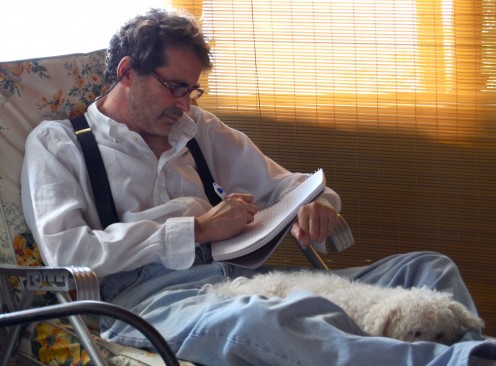
If You're Born to Write, Circumstances Won't End Your Publishing Dreams
When you believe writing is your gift from God, part of your purpose in life, you will not allow your circumstances to stop you from writing. You will find a way to write.
Things are really bad on the home front as I am writing this Hub. I'm working fast and furiously, trying to "reinvent" myself; my life. But I have made up my mind that no matter what, I will not lose hope or faith. I believe God is with me, has never left me, and will be with me throughout this time in my life. I'm a "starving artist" these days, and I've become so good at penny-pinching, I now make Ebenezer Scrooge look like Daddy Warbucks). But, I am working to start something of my own, even though I have no money to invest in starting anything. I can't allow that to stop me now. And still I write.
Why do I continue to write? Why am I still putting time and effort into my writing projects while life seems to be trying to beat me down to a pulp? Because not only is writing my joy, I truly believe it is my gift, and it is the foundation of my purpose. it is my oxygen. My life. And everything I’ve gone through in the past, and everything I'm going through now, is only increasing my faith that I will one day achieve all of my publishing dreams.
I am continually inspired by the success of others. I learn and find motivation to keep going from reading about the struggles and ultimate triumph of people like Tyler Perry and J. K. Rowling. Theirs and the stories of others are real to me, and they help me to see that it can happen for anyone. Even for me. And that makes me even more dedicated and even less willing to procrastinate when it comes to doing all I can to usher my dreams into reality. I no longer fear taking risks to find support for my dreams, and I'm not going to allow my circumstances to get in my way. I understand, fully, that being afraid of taking chances is what crushed dreams are made of. And that's the real reason why I write.
Having a lot of things go wrong in my life has taught me how to pay closer attention to what my life is trying to teach me. Troubles have given me lots of firsthand experience in what it means to have unwavering faith while believing that no matter what comes against me, everything is going to be all right. And finally, I've learned that the lessons life teaches are priceless, and that you are the only person alive who can allow these lessons to make you smarter, more courageous, and even more “unstoppable” when it comes to doing what you need to do to try to achieve your dreams. And through it all, no matter what comes in or what leaves my life, still, I write.
© 2012 Sallie B Middlebrook PhD






